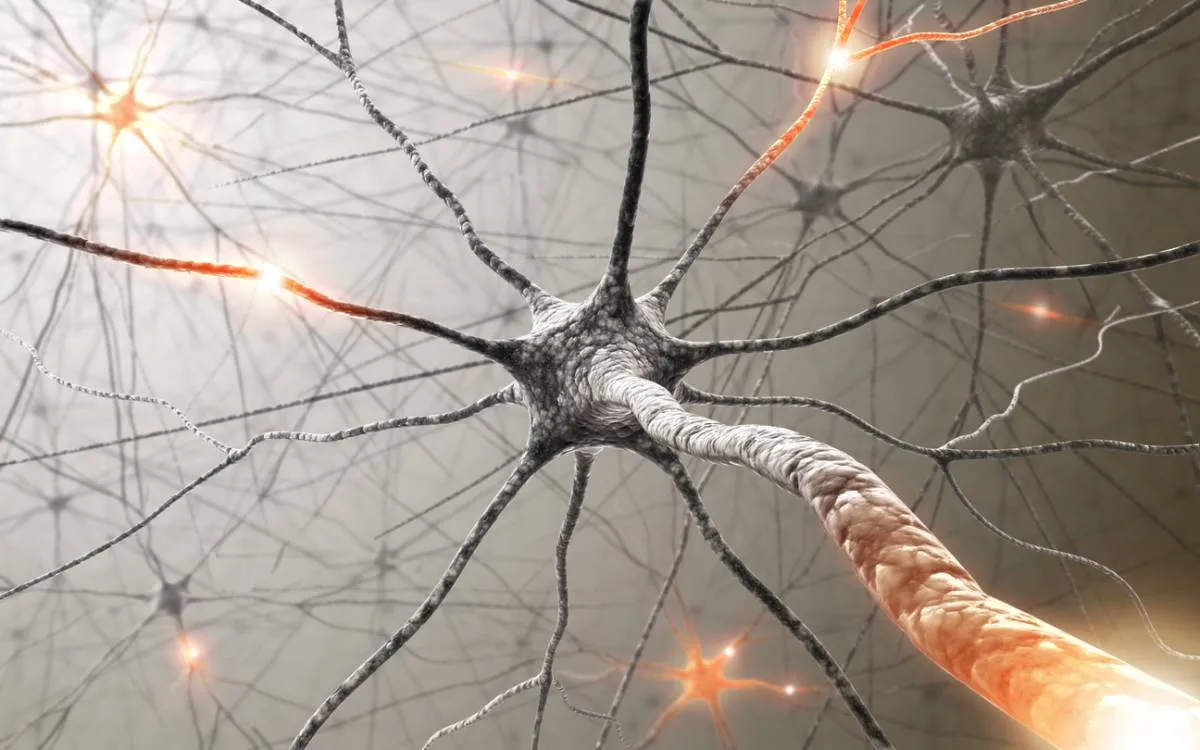



What Do the Peripheral Nerves Control? | Yashar Neurosurgery





The peripheral nerves are the nerves that control the part of the nervous system known as the peripheral nervous system. This part of the body connects the nervous system to many of the other systems of the body. So, what do the peripheral nerves control?
The PNS controls many of the unconscious systems of the body that you don’t need to exert any energy to control, such as the beating of one’s heart, and the control of breathing during the sleep cycle. If you’re interested in learning more about this fascinating part of the body, take a look at this guide that can walk you through the parts of the body that it commonly interacts with, as well as whether you could benefit from peripheral nervous system surgery.
What Are the Peripheral Nerves?
The peripheral nerves are a network of nerves that make up the PNS. This is a major part of the nervous system that controls many of the body’s functions. It is one of the two main parts of the nervous system and mainly controls the parts of the body that are unconsciously performed.
What Do the Peripheral Nerves Control?
There are many elements of the body that are controlled by the PNS. The system itself is split into two main subsystems: the autonomic and somatic systems.
The general functions of these are as follows:
- Autonomic: This describes a set of nervous system functions that the body performs on a completely unconscious level.
- Somatic: This is a set of functions that the body performs intentionally, with the processes being performed by thinking.
Under these two umbrellas, the functions of this part of the nervous system can be divided into the following categories:
- Senses
- Unconscious
- Movement (or Conscious Processes)
Processes of the Senses
The senses are one element of the body that is controlled by the PNS. The senses of the body act as a set of tools that can inform the brain about many of the things occurring in the outside world that might impact the body.
Many of the nerves that help inform the brain about this type of information travel to it through the spinal cord. These cranial nerves connect directly to the brain, creating a network of senses that help the organism navigate the outside world. These types of nerves can be found everywhere in the body, ranging from the hands and feet to the tongue and ears.
Unconscious Processes
Another class of functions that is controlled by the PNS are the many unconscious processes of the body. These are all of the functions of the body that occur without you having to consciously control them.
Most of these functions, although invisible much of the time, are completely necessary for the body to continue functioning. Without the use of these systems, the body would rapidly die. This makes the PNS absolutely essential for the health and well-being of the organism.
Movement (or Conscious Processes)
The PNS is also responsible for the functioning of many of the body’s movements. This part of the nervous system sends signals from the brain and spinal cord to the muscles.
It is the primary engine that powers your ability to move and function in the outside world. This covers the entire spectrum of movements that the body performs, ranging from scratching an itch to dancing or performing acrobatics.
Maintaining a Healthy Nervous System
There are many different conditions that can impact the health of the nervous system and interfere with one’s daily existence. Keeping track of these conditions can help you understand whether or not you have a condition that warrants keeping track of.
Some of the following are considered of note:
- Autoimmune conditions: Inflammatory conditions such as rheumatoid arthritis have the potential to impact the PNS
- Type 2 Diabetes: Untreated Type 2 Diabetes can also damage the PNS over time.
- Genetic Conditions: Some individuals are genetically predisposed to be prone to conditions of the nervous system.
- Infections: Certain infectious conditions, such as HIV and Lyme disease, have the potential to impact the nervous system in highly damaging ways.
- Tumors: Cancerous tumors on the nervous system can impact its functioning and one’s ability to function in day-to-day life
LA’s Best Neurosurgeon
Dr. Yashar is widely recognized as one of the best neurosurgeons in LA. If you’re interested in discussing whether you could benefit from treating the PNS in some way, contact the office of Dr. Yashar to set up an appointment for neurosurgery in Los Angeles today.





Get in touch today
Please complete and submit the form below and a member of our staff will contact you shortly.


